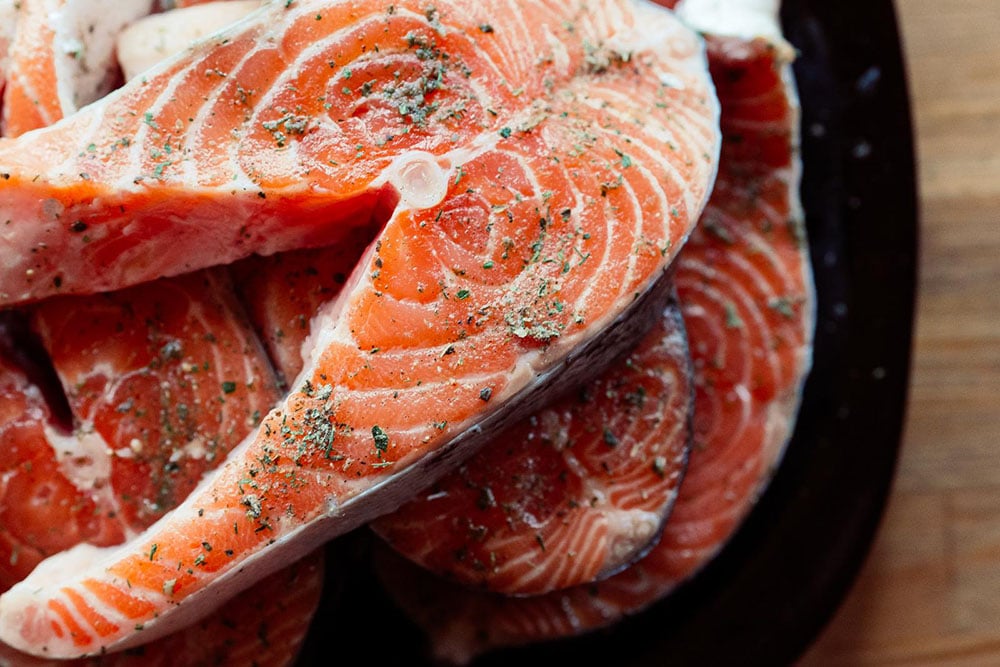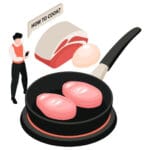
Buying Seafood
When buying seafood, naturally, you want to get the freshest product possible. So, how do you tell if it’s fresh? By using your eyes and nose. First pick a proper place to purchase seafood. If the location has a fishy or offensive odor, walk away. Find another place for your purchase. Also a store with a fast turnover will have fresher seafood. You may find a better price at a small, out of the way market, but you may be buying fish that has sat there for days. Ask store personnel when they receive fish shipments. Arrange to purchase the day the seafood arrives.
Inspect the proposed purchase. Look at the fish and smell it (if possible). Fish should have clear eyes, firm (non-slimy) skin and bright red gills. There should not be any strong fishy smell. Live shellfish should be active, not sitting listlessly in a corner of the tank.
Clams and mussels should be tightly shut. Or if slightly open, they should close quickly when touched. Avoid clams and mussels that are open and do not close when touched.
Shrimp should look shiny and wet with no strong odor. Cleaning shrimp can take a little practice. Beginner cooks would be better off buying de-veined (pre-cleaned) shrimp.
Many foods seem to lose a degree of flavor when frozen, but seafood handles being frozen very well and loses little flavor.
Storing Seafood
All fresh seafood is best consumed the day it is purchased. It should be transported from the point of purchase directly to the refrigerator (40 degrees or lower) or the stove for cooking. If frozen, defrost in the refrigerator. Or you may place the seafood in a sealable plastic bag and submerge the bag in a bowl of cold water to defrost. Replace water every 30 minutes. Do not use warm or hot water.
Shrimp is especially prone to spoilage if handled improperly. If shrimp has a strong odor or if in doubt, dispose of it.
You should use fresh fish within 1 to 2 days of purchase. Live shellfish should be consumed the day it is purchased. Cooked seafood, in general, may be stored in an airtight container in the refrigerator for 2 to 3 days. Fresh shellfish (not live, not frozen) should be used within 2 to 3 days.
Cooking Seafood
Seafood is one of the most versatile of foods when it comes to cooking methods. Nearly all fish, shrimp and shellfish may be fried, boiled, steamed, grilled or baked. And in the case of sushi, raw!
There are so many seafood recipes it is difficult to recommend a particular one. In general, cook fish until it is flaky but still firm. Cook shrimp until it changes to a pinkish color and crab or lobster according to size and cooking style. Follow recipe recommendations for cooking times. As a general rule cook fish 10 minutes per inch thickness, turning it halfway through the cooking process. Uncooked crab legs should be cooked 20-25 minutes in boiling water.
Avoid over cooking any seafood as it becomes tough and very bland.
To prevent lobster tail from curling, run a skewer through the tail lengthways prior to cooking.


